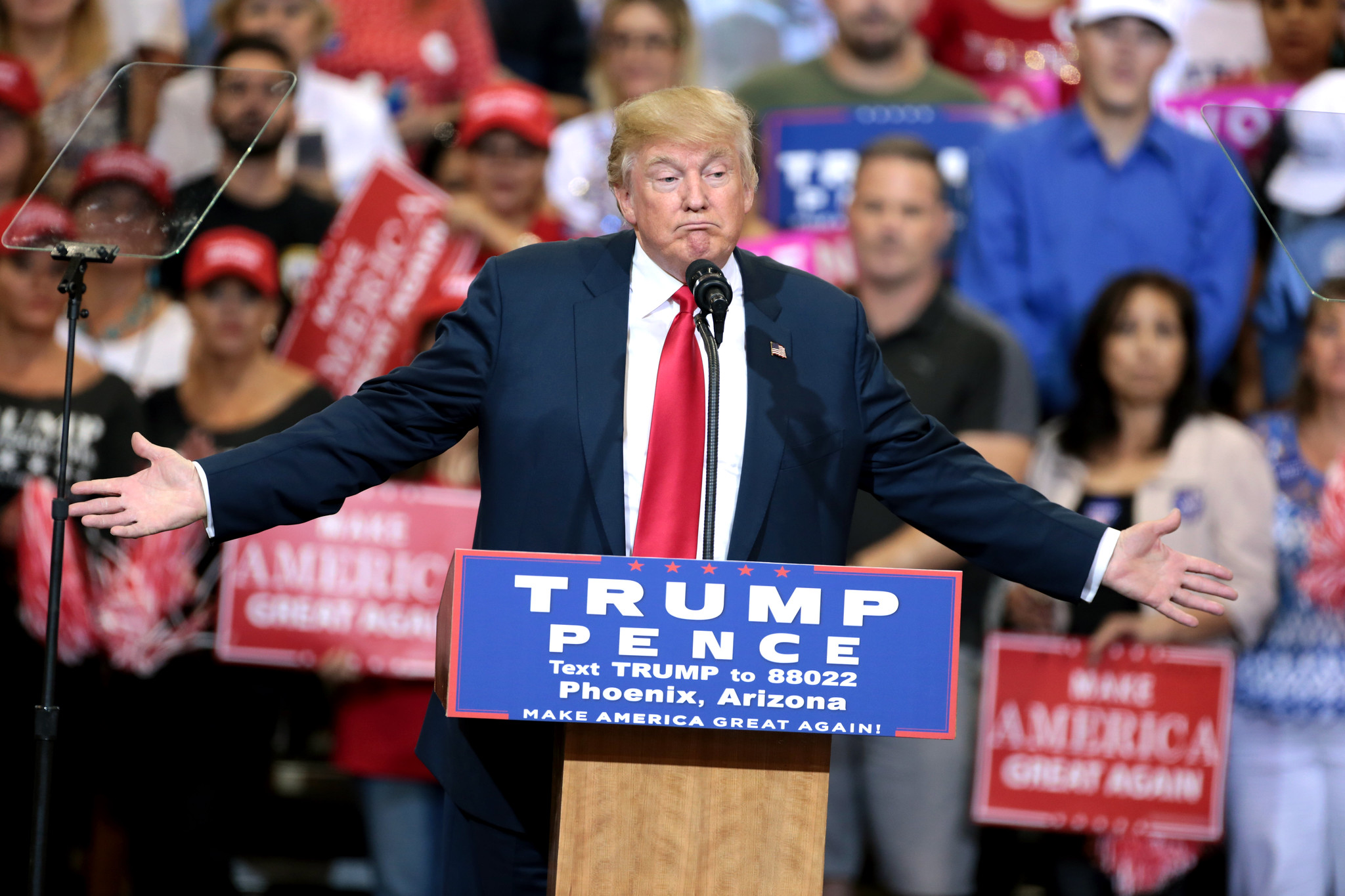Trump travel ban: “We don’t want them”
Citizens of 12 countries, mostly in Africa and the Middle East, are facing new U.S. travel restrictions after President Donald Trump signed a sweeping travel ban.
The ban, set to take effect Monday, blocks entry to the U.S. for people from Afghanistan, Myanmar, Chad, the Republic of Congo, Equatorial Guinea, Eritrea, Haiti, Iran, Libya, Somalia, Sudan and Yemen.
The White House did not offer a detailed explanation for selecting these nations.
This move is part of Trump’s broader immigration crackdown, which has included border raids, asylum limits and restrictions on international students.
The new order affects more countries and potentially more people than Trump’s original 2017 travel ban, which targeted seven Muslim-majority nations and sparked legal challenges and widespread protests.
Partial travel limits were also placed on seven other countries — including Cuba, Venezuela and Turkmenistan — restricting access to permanent visas and tourist or student entries.
While green card holders, dual citizens, refugees already granted asylum, and athletes traveling for major sports events are exempt, critics say the ban disproportionately affects those fleeing war or persecution.
The African Union condemned the ban’s “negative impact” and urged a more “evidence-based” approach, warning it could harm diplomacy and economic ties.
Gold Card: “No real program, no law, and no details.”
The proposed $5 million Trump Gold Card visa, pitched as a fast track to U.S. citizenship for ultra-wealthy foreigners, may never materialize, Forbes reports.
Experts say the proposal is mostly marketing hype at this stage. According to Nuri Katz, a veteran investment immigration advisor, there is currently “no real program, no law, and no details.”
The American Immigration Lawyers Association agrees, noting that such a visa would require significant changes to immigration and tax law—something only Congress can do. Until that happens, there’s no legal framework to even begin processing applications.
The only current U.S. investment visa program, EB-5, requires $800,000–$1 million and job creation, and brought in about $4 billion last year. While Trump’s team hopes to replace EB-5 with the Gold Card, analysts note that such a drastic shift would face political and logistical obstacles.
And with fewer than 30,000 centimillionaires worldwide—and many already U.S. citizens—the potential market is extremely limited.
There’s no functioning website, no application process, and no legal basis for issuing the cards. Katz warned potential applicants not to register online until laws are passed and privacy safeguards are clear.
While the idea may appeal to a small segment of the global elite, experts caution that implementing such a program would take many months—or years. Without legislation and a proper legal structure, the Trump Gold Card remains, for now, a political concept in search of a foundation.








